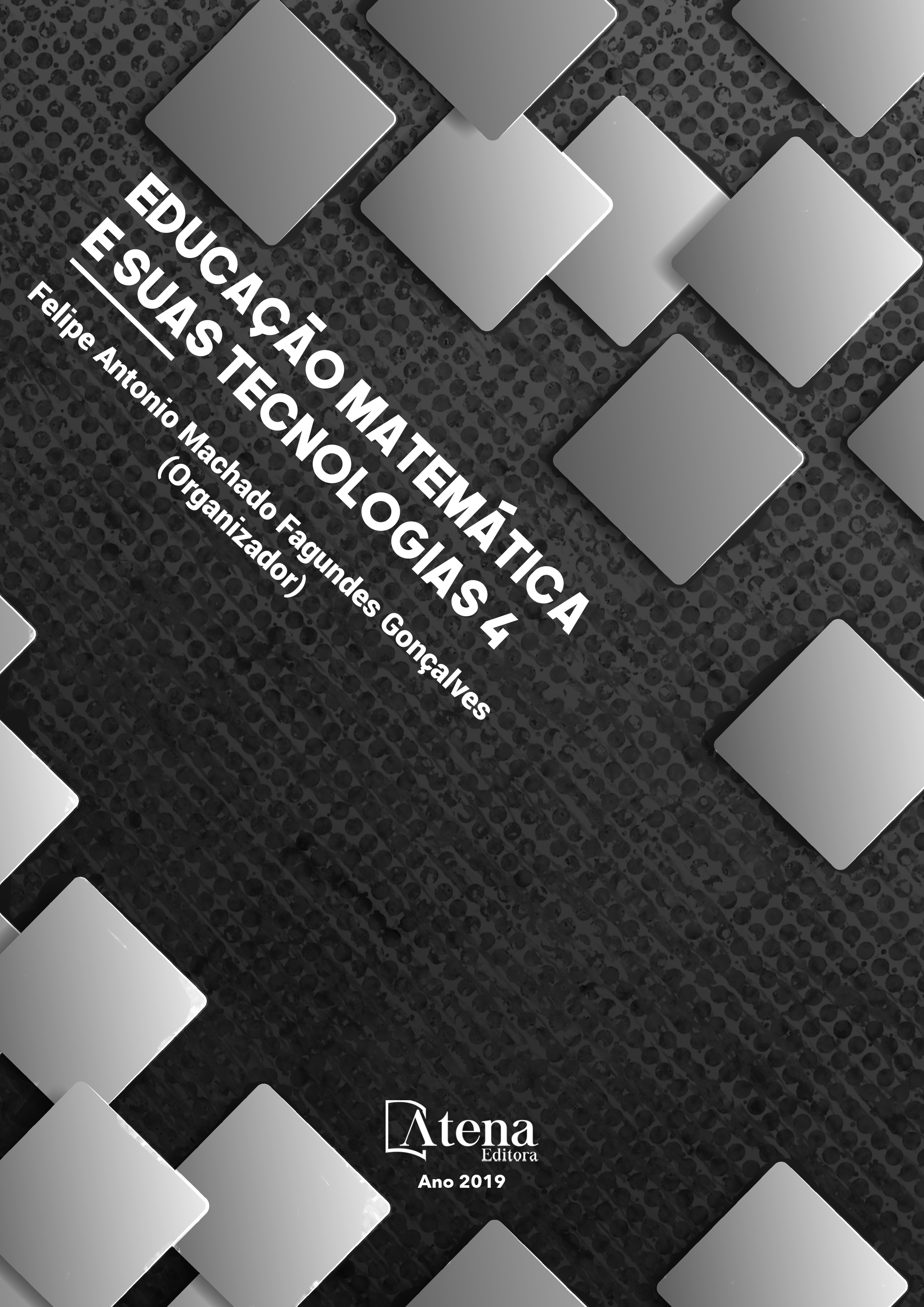
ESTATÍSTICA NA EDUCAÇÃO BÁSICA: O USO DE TECNOLOGIAS DIGITAIS EM PESQUISAS DE OPINIÃO
Neste texto, apresenta-se um
recorte de pesquisa de mestrado desenvolvida
no âmbito do Programa de Pós-Graduação em
Educação e Docência da Universidade Federal
de Minas Gerais. Em linhas gerais, objetivou-se
investigar e analisar o uso de tecnologias digitais
(TD) como Facebook, Whatsapp e Excel, suas
contribuições e limitações, em pesquisas de
opinião baseadas na abordagem do programa
Nossa Escola Pesquisa Sua Opinião (Nepso)
para uma aprendizagem em Estatística de
alunos do 8º ano do ensino fundamental.
Iniciamos por uma contextualização do ensino
da Estatística no Brasil e pelo desenvolvimento
da Educação Estatística (EE), pois desejamos
conceituar o nosso campo de investigação como
pertencendo à interseção da EE com a Educação
Matemática (EM). Analisando, inicialmente,
um dos 8 encontros do desenvolvimento de
um projeto educativo de pesquisa de opinião,
quisemos perceber indícios de competências e
habilidades do baseadas no Nepso, aspectos
do letramento estatístico segundo o modelo de
Gal (2002) e algumas contribuições e limitações
do uso das TD. Como recurso educacional,
elaborou-se um material de apoio aos
professores que ensinam Matemática. Como as
análises deste artigo foram iniciais, foi possível
discutir e perceber mobilizações preliminares
em relação aos aspectos analíticos.
ESTATÍSTICA NA EDUCAÇÃO BÁSICA: O USO DE TECNOLOGIAS DIGITAIS EM PESQUISAS DE OPINIÃO
-
DOI: 10.22533/at.ed.5071924056
-
Palavras-chave: Educação Estatística. Letramento Estatístico. Nepso. Tecnologias Digitais. Pesquisa de Opinião.
-
Keywords: Statistical Education. Statistical Literacy. Nepso. Digital Technologies. Opinion Survey.
-
Abstract:
In this text, a part of the master’s
research developed within the scope of the Post-
Graduation Program in Education and Teaching
of the Federal University of Minas Gerais is
presented. In general terms, the objective was
to investigate and analyze the use of digital
technologies such as Facebook, Whatsapp
and Excel, their contributions and limitations, in
opinion surveys based on the approach of the
program Nossa Escola Pesquisa Sua Opinião
(Nepso) for a learning in Statistics of students of
the 8th year of elementary school. We begin with
a contextualization of the teaching of Statistics
in Brazil and the development of Statistical
Education, since we wish to conceptualize
our field of investigation as belonging to the
intersection of this area of knowledge with
Mathematical Education. Analyzing, initially,
one of the 8 meetings of the development of an
opinion survey educational project, we wanted
to perceive evidence of Nepso based skills
and abilities, aspects of statistical literacy according to Gal (2002) model and some
contributions and limitations of the use of digital technologies. As educational material,
a support material has been developed for teachers who teach mathematics. As the
analyzes of this article were initial, it was possible to discuss and perceive preliminary
mobilizations regarding the analytical aspects.
-
Número de páginas: 15
- Felipe Júnio de Souza Oliveira


